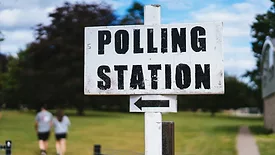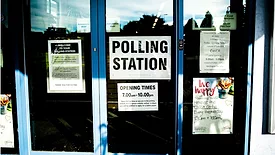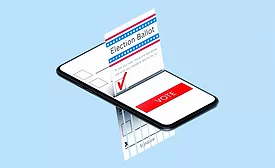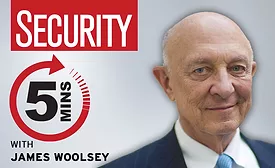Home » Keywords: » voting security
Items Tagged with 'voting security'
ARTICLES
Special Report
Matthew Horace | Most Influential People in Security 2023
Chief Security Officer | Pretium & Progress Residential
September 5, 2023
Sign-up to receive top management & result-driven techniques in the industry.
Join over 20,000+ industry leaders who receive our premium content.
SIGN UP TODAY!Copyright ©2026. All Rights Reserved BNP Media.
Design, CMS, Hosting & Web Development :: ePublishing














